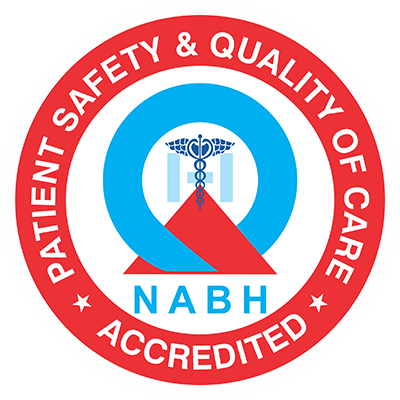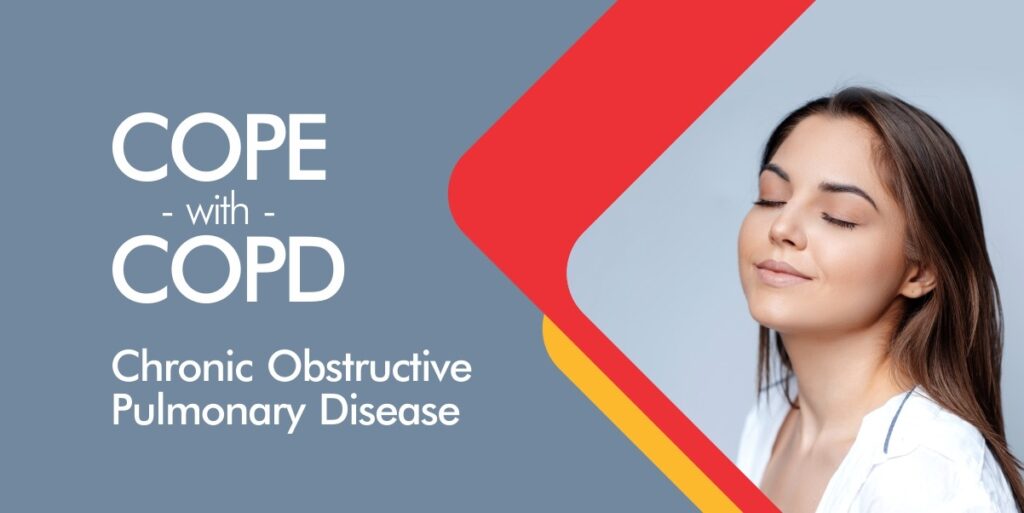The respiratory system is not limited to the lungs; it also encompasses the nasal passages, pharynx, larynx, windpipe, and associated vasculature. Pulmonologists specialize in treating disorders that may arise in these regions due to factors such as swelling, excessive tissue growth, and microbial invasions. Managing these disorders often necessitates sustained and continuous treatment strategies.
Chronic Obstructive Pulmonary Disease (COPD) stands as one of the leading causes of morbidity and mortality in India, echoing a global trend that sees millions grappling with the disease. According to the Global Burden of Disease Study, COPD affected approximately 55.3 million individuals in India in 2016, underscoring an urgent need for increased awareness and better management strategies.
Understanding COPD
COPD is a progressive lung disease characterized by increasing breathlessness. It encompasses two main conditions: Emphysema and Chronic bronchitis. Emphysema involves damage to the air sacs in the lungs, while Chronic bronchitis is defined by a long-term cough with mucus. The primary cause of COPD is long-term exposure to substances that irritate and damage the lungs, with cigarette smoke being the most common. Other risk factors include exposure to air pollution, dust, and chemicals, which are rampant in the bustling industrial landscapes of India.
Symptoms and Diagnosis
COPD develops slowly and can worsen over time, leading to symptoms such as a persistent cough, sputum production, and difficulty breathing, especially during physical activities. These symptoms often don’t appear until significant lung damage has occurred, and they typically worsen over time. Diagnosis typically involves a review of symptoms, a physical exam, and pulmonary function tests, with spirometry being the most common. Spirometry measures how much air one can inhale and exhale, and how quickly one can empty the
lungs.
Living with COPD
Living with COPD can be challenging, but with the right management strategies, individuals can maintain an active lifestyle. Here are some practical tips for daily management:
Quit Smoking: For those who smoke, the most critical step in managing COPD is to quit. Smoking cessation can slow the progression of the disease and improve the quality of life.
Stay Active: Regular exercise can improve cardiovascular health and endurance, helping to keep the muscles around the lungs strong.
Healthy Diet: A balanced diet can help maintain strength and improve energy levels. Foods rich in vitamins and antioxidants are particularly beneficial. Avoid Pollutants: With India’s high levels of air pollution, it’s crucial for COPD patients to avoid exposure to pollutants and dust as much as possible.
Medication: Inhaled bronchodilators can help relieve symptoms and can be used regularly or as needed.
Vaccinations: Respiratory infections can worsen COPD symptoms. Vaccines, like the flu shot and pneumococcal vaccine, are recommended.
Pulmonary Rehabilitation: This is a program that helps improve the well-being of people who have chronic breathing problems. It often includes exercise training, nutritional advice, and counselling.
The Indian Context
In India, COPD presents unique challenges due to high levels of air pollution and widespread smoking. Additionally, the use of biomass fuels for cooking in poorly ventilated homes contributes significantly to the risk. A study in the Lancet reported that household air pollution was responsible for about a quarter of all COPD deaths in India (2015).
The Indian government has initiated several programs to tackle the causes of COPD, including the Pradhan Mantri Ujjwala Yojana, which aims to provide LPG connections to women from below poverty line households, helping to reduce household air pollution.
BBR Hospitals, Hyderabad stands out as an institution offering specialized care for COPD patients. With state-of-the-art facilities and a dedicated team of Pulmonologists, the hospital offers comprehensive management of COPD, including advanced diagnostics, pulmonary rehabilitation, and patient education programs. BBR’s approach to COPD is holistic, integrating lifestyle modification support to help patients manage their symptoms effectively. They treated and manage a wide range of Pulmonary diseases such as Asthma, Bronchitis, Cystic fibrosis, Emphysema, Pulmonary hypertension, Sleep apnea, Tuberculosis and more. They also specialise in the diagnosis, treatment and
management of Lung cancer.
COPD remains a significant public health issue in India, but with increased awareness and comprehensive care strategies, individuals can lead fulfilling lives despite the disease. Healthcare institutions like BBR Hospitals are at the forefront of providing such care, emphasizing the importance of a multifaceted approach in managing this chronic condition. If you or your loved ones have any of the symptoms of COPD, do not neglect it. Seek medical help at once, and improve your chances of a better quality of life.



